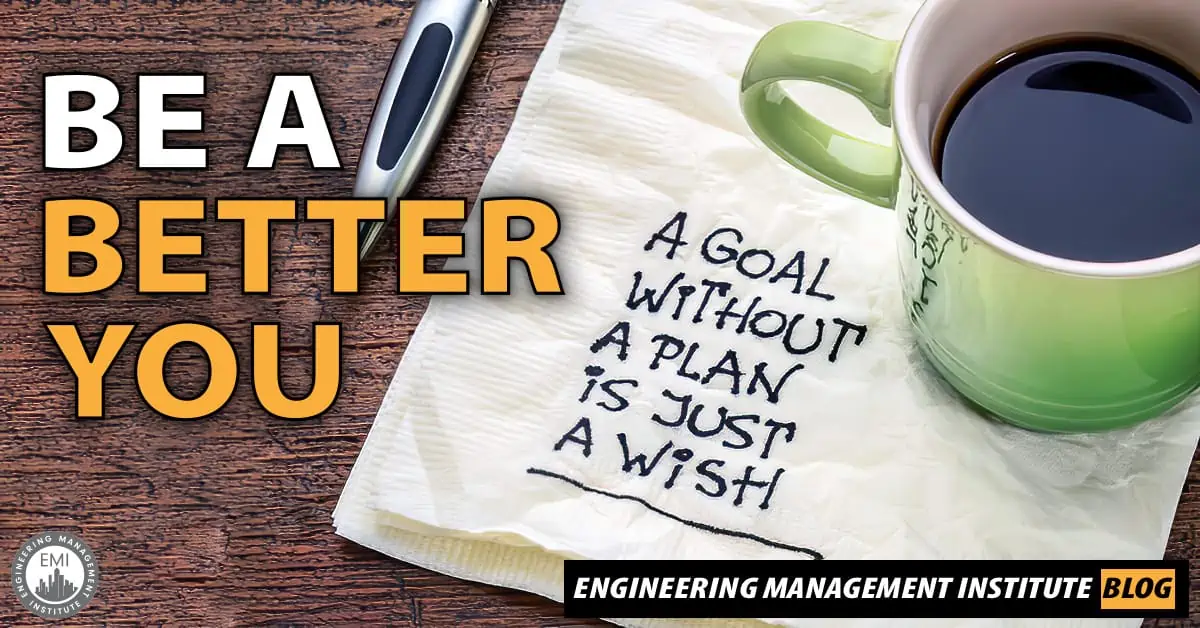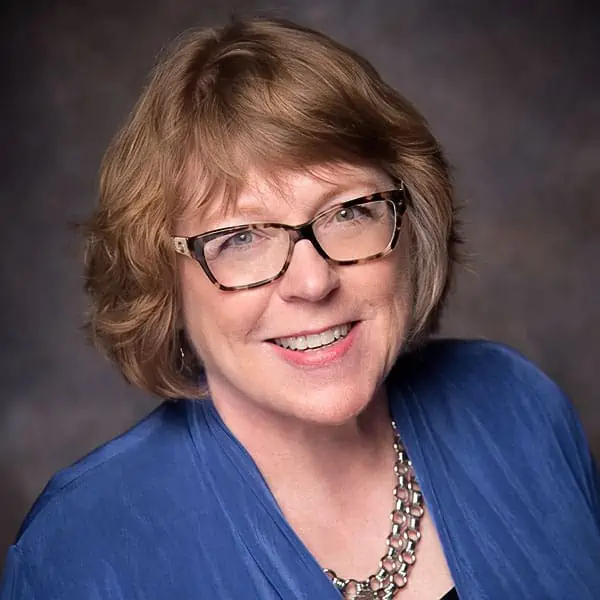This is a guest blog by Pamela A. Scott

However, for many of those engineers, their confidence wanes when it comes to non-technical knowledge, skills, and abilities.
Does the idea of public speaking give you the shakes? Do you dread having to go to network events, even virtual ones? How much do you enjoy managing people, especially the difficult ones? Are you excited about business development and finding new work?
If you aren’t as confident about those skills as you are about technical knowledge and skills, read on. Here are two steps you can take to conquer your fears and become a better you.
Get a Coach
You can only get so far by yourself. To truly become the best you, you need to learn from others. One of the best steps to a better you is to get a coach to help build your confidence and knowledge about the non-technical aspects of your life. These are areas such as people skills, business development, critical thinking, communication, decision-making, leadership development, and more.
A coach will help you set goals and achieve those goals. A good coach is:
- An accountability partner
- An experienced guide
- A cheerleader
- A resource
A good coach will challenge your beliefs and assumptions, such as “I’ve never been good at public speaking” or “I don’t know where I want to go in my career.” A good coach will bring resources and experience that you aren’t aware of now. When someone tells me “I’ve never been good at public speaking,” my response is, “Go to Toastmasters. Now!” It changed my life.
How do you find a good coach? Ask friends for recommendations and check out these sites:
One-on-One Career Coaching for Engineers with Anthony Fasano,
MentorLoft with Pam Scott,
Actions Prove with Pete Atherton,
a coaching site.
Having a coach — an accountability partner — makes you focus on what’s important. Your coach’s time is too valuable, as is yours, to waste on mediocre goals. Having a coach helps you set priorities. “Do I want to do X or Y? I’d rather do Y, but I bet my coach will challenge me to do X.” An accountability partner can give you a different perspective on whatever you’re dealing with. Your coach may even suggest that your real goal be Z, instead of X or Y.
Learning to hold yourself accountable is a skill that will benefit throughout your life.
Be a Coach
The other step to becoming a better you is to be a coach for someone else.
Did you play soccer or some other sport when you were a kid? If so, you had a coach. It was that coach’s job to teach you how to play soccer. It was also that coach’s job to teach you how to get along with your teammates, how to deal with conflict, how to learn from failures, and so much more. That coach was shaping you to become a better you.
One thing about being a coach is that you have to know more than the person you’re coaching. If you’re coaching someone on presentation skills, you have to have done presentations yourself. You’ll know how to structure a talk, how to deal with anxiety, and how to speak confidently. You’ll have your success stories and stories about your flubs.
Become a better you. Get a coach. Be a coach.
About the Author Pamela A. Scott

Pam started her company more than 20 years ago. For much of that time, Pam has coached engineers and architects to be leaders in their companies.
She brings more than 25 years of communications expertise and leadership experience as
- A national award-winning newspaper editor
- A communications specialist writing for Congress
- A successful entrepreneur specializing in coaching clients to reach their full potential
Clients have ranged from solo practitioners to companies such as Turner Broadcasting System, Coca Cola, Federal Reserve Bank, and engineering firms such as Walter P. Moore. For 15 years, Pam was a member of Vistage, an international organization of CEOs.
Pam has a master’s in education and human development from George Washington University and a bachelor’s in communication from Bethany College. In Toastmasters, she has achieved Advanced Communicator Bronze and Advanced Leadership Bronze levels.
We would love to hear any questions you might have or stories you might share about being a better you.
Please leave your comments, feedback or questions in the section below.
To your success,
Anthony Fasano, PE, LEED AP
Engineering Management Institute
Author of Engineer Your Own Success




